Fostering Opportunity for Oklahoma’s Children
According to OKFosters.org, more than 6,500 children are currently in the foster care system here in Oklahoma. Half of those children are between the ages of 6 and 17.
I began my personal journey with foster care nearly six years ago when my husband, our daughters, and I welcomed a five-day-old infant who had been weaning from methamphetamines and other substances. His tiny, four-pound body trembled around the clock. Our hearts broke, and we dove headfirst into loving another’s child as our own.
At the time, my husband, Kyron, and I only wanted to foster younger children because they were deemed “safe.” In our narrow view, we believed younger children in foster care couldn’t harm our family. That conclusion—formed out of fear—proved to be deeply misguided. As we fostered more children, including older ones, our perspective shifted. Eventually, we adopted a 16-year-old girl who changed our lives forever and showed us just how irrational our fears had been.
In 2021, the Project Orphans Inc. board recognized it was time for our community to create something greater. Out of that vision, Tulsa Girls’ Home was founded. Many of you may remember the uphill battles we faced to provide a safe place for girls in foster care.
The truth is, children in foster care face extreme barriers. No child enters foster care because they are “bad.” As a community, we must challenge and change our preconceived ideas. These children are not troublemakers—they are victims of some of the most heartbreaking forms of abuse. Kids in foster care are not broken. They are survivors.
Right now, a crisis of fatherlessness grips the world—and Oklahoma is no exception. Even as you read this, children are “aging out” of foster care. Many of them, without family or support, fall into cycles of addiction, human trafficking, or even suicide. Black children in particular face even steeper challenges, especially when no parent is present to advocate for them.
At Tulsa Girls’ Home, we’ve seen firsthand that family is more than blood. The girls we serve aren’t perfect—but they wake up every day determined to face their past, confront their pain, and work toward healing so they can break generational cycles. Many of them are aging out of a system that was never designed to walk with them into adulthood.
Not everyone is called to adopt or foster. Not every household can handle the special needs that often accompany adolescents in care. But every one of us can play a role in making sure no young person in Oklahoma’s foster system is left behind.
Justice for the fatherless and vulnerable requires more than words or advocacy. It requires presence. These children need to be nurtured, taught, hugged, and heard. They often need far more than we think we can give.
It would be easy to look away. But love—real love—is always risky. And at the end of the day, we are called to be good neighbors.
Would you share your heart?
Written by: Brittany Stokes, CEO of Tulsa Girls’ Home